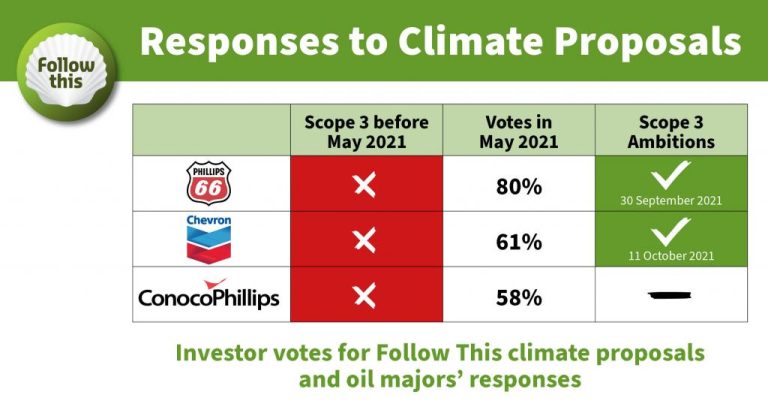Follow This is echoed in the US
With some reluctance, a second American oil company has now promised to reduce the CO2 emissions of their production process. Chevron now promises a 5% reduction by 2028. According to an article in the Wall Street Journal, ongoing pressure from customers and investors have pushed the company to do something about climate change.
The article names the group Follow This, founded and run by TU Delft alumnus Mark van Baal, as the most activist shareholder. In a newsletter, Van Baal reveals that Chevron is the fifth oil company whose shareholders voted in favour of the Follow This climate resolution (in Dutch). “We have now proven for the fifth time how effective our climate resolutions are,” Van Baal responds. “We make oil companies do something they don’t want to do: take responsibility for the CO2 emissions their products produce.”
He is less enthusiastic about Chevron’s target. “An average reduction of 5% by 2028 is far too little to achieve the Paris climate targets. To achieve these, an absolute reduction of 40% by 2030 is necessary, which is not yet the intention of any oil and gas company. Our conclusion: climate resolutions work and continue to be necessary. We will therefore continue to submit climate resolutions until all these companies are fully in line with Paris.” To be continued.

Progress of the Climate Resolution (Image: Follow This)
Do you have a question or comment about this article?
j.w.wassink@tudelft.nl

Comments are closed.